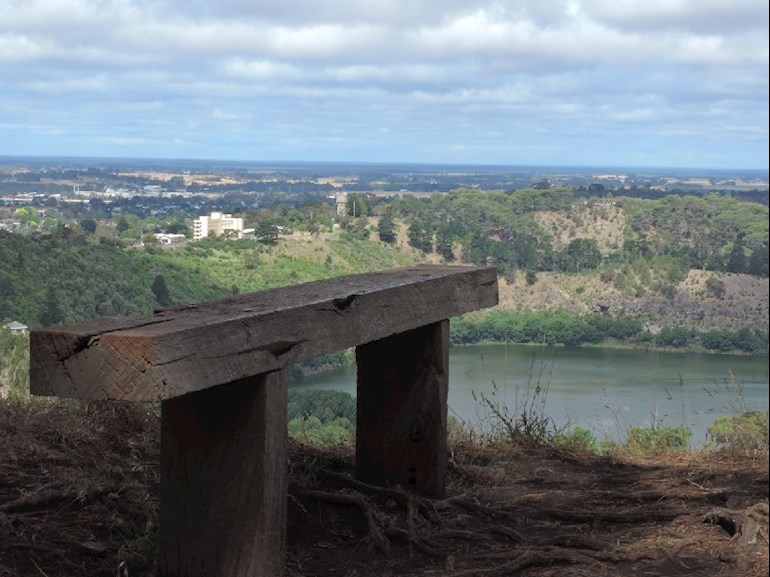Why doesn't one diet suit all of us? Why do some of us benefit from pre and probiotics, while they can be ineffective or even dangerous for others? Why do some of us succumb to C difficile infections while on antibiotics (particularly in hospital) while others don't? Why do medications work for some and not others? Many of the answers are being found in the study of metabolomics and the microbiome. 'As each person’s metabolic profile and microbiome is entirely unique – much like a fingerprint – we hope that metabolomics and the microbiome may also help us move towards a personalised medicine approach which uses this information to allow for optimal therapeutic approaches, and diets, to be prescribed.'
Kate Gallagher, who is completing her PhD at Imperial College London, provides an insight into microbiome research; a promising area of science that may pave the way for new treatments for a number of conditions ranging from inflammatory bowel disease to cancer: wwwf.imperial.ac.uk/blog/im...
Some definitions:
Microbiome refers to the additional set of genes arising from the diverse and unique array of microbes that have established themselves in a variety of habitats throughout our body.
Microbiota refers to their names and quantities
Metabolomics is scientific study of the set of metabolites present within an organism
Some tantalising extracts:
...bacterial cells in our body match the number of human cells at a 1:1 ratio, meaning the microbiome has a significant contribution towards our genetic diversity, harnessing great potential to aid our understanding of a number of medical conditions targeted by decades of research.
The microbiome is presenting itself as an exciting and upcoming field in scientific research as remarkable changes have been identified in several diseases ranging from inflammatory bowel disease and obesity, to a variety of cancers and more unexpectedly conditions such as autism and depression.
:
...One of the biggest problems faced by researchers is the ‘dark matter’ of microbiome research, often termed the ‘unculturables’. This refers to the large number of microbial species that are too fastidious to be grown inside the lab, outside of their normal habitats, in addition to the unknown species we’re yet to identify. These species are just one of the barriers to microbiome research that currently inhibit a comprehensive understanding of the functionality of the microbiome in its entirety, as well as its individual colonies.
:
...recent advances in technology have uncovered almost 2000 more previously uncultured candidate species. This suggests we still have quite a way to go towards achieving a full understanding of the dynamic role all these species play in our health and wellbeing.
:
Compared to other fields of research, such as oncology or microbiology, the microbiome is still in its infancy. We are witnessing the development of a field that could have a vast impact on the way we understand, target and treat a number of conditions, including potentially IBD (Irritable Bowel Disease).
Neil
(This is an unlocked post)
Photo: I reckon that researchers working in this field literally have the world at their feet.
